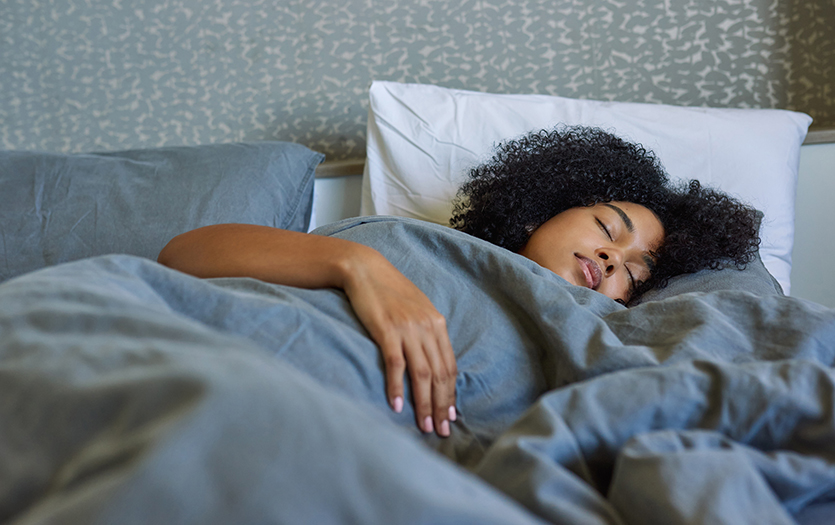
This post was written by Jennifer Born, NP, PPG – Sleep Medicine.
When you’re getting ready to travel, you have a lot on your mind—packing your clothes, organizing your medications and preparing travel documents. The last thing you’re likely thinking about is your circadian rhythm. But travel across time zones can have a big impact on our circadian rhythm, leading to jet lag disorder.
Jet lag is common, especially with air travel where you can cross multiple time zones in a short amount of time. So, if you’ve ever felt like you have trouble adjusting to a new time zone, you’re not alone. Let’s learn more about jet lag disorder and how you can help mitigate its effects.
What is jet lag?
Jet lag disorder is a temporary circadian rhythm disorder that is related to travel across time zones. It occurs when you travel and the new sleep/wake cycle in the destination time zone doesn’t align with your usual inner circadian clock. So, when you disembark in your new location, your body may be ready to sleep in the middle of the day or feel wide awake when it’s time to sleep. This can make it hard to function normally.
Jet lag can also cause symptoms including insomnia, excessive daytime sleepiness and impaired daytime function. Symptoms usually begin within a day or two of travel.
How to reduce jet lag symptoms
There are several strategies that you can integrate into your pre-travel plans to try and reduce the symptoms of jet lag upon arrival at your destination.
- In the days and weeks leading up to travel, focus on good sleep hygiene and getting sufficient sleep, as poor sleep leading up to traveling can increase the severity of jet lag symptoms.
- Slowly modify your typical sleep schedule before leaving on a trip. This can help reduce the discrepancy between the destination time zone and your own circadian clock.
- If your trip is going to last for just a few days, maintaining your regular, home sleep hours as much as possible might also lower the risk of jet lag symptoms.
- Use light to your advantage. Sunlight has the strongest effect on our circadian rhythms, so exposure to bright light upon awakening can help reset your internal clock.
Ask your provider for advice
If you have a trip coming up and you’re worried about jet lag, your medical provider may be able to offer jet lag advice. By reviewing the direction of your travel, the amount of time zones being crossed and the length of your trip, your provider can help you prepare and manage jet lag including providing guidance on cautious use of caffeine and melatonin for symptoms.
Keep these tips in mind the next time you get your suitcase ready for a big adventure. Bon voyage!
You can find additional resources and simple tips to promote restful sleep by visiting this page on parkview.com.



